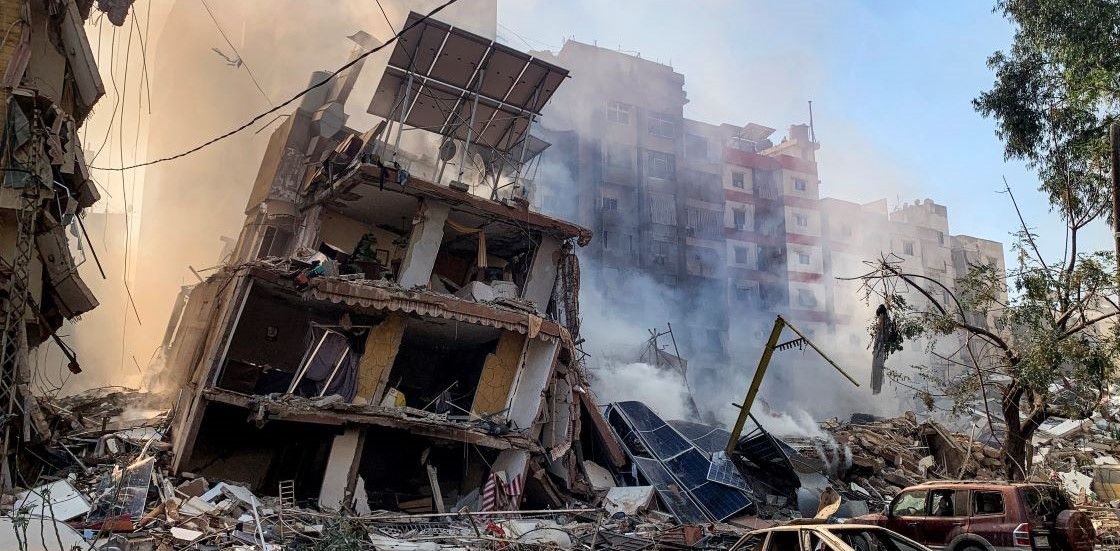
Israel’s military operations in southern Lebanon are reportedly approaching their final stages, with significant progress made against Hezbollah’s forces, according to Israel’s major left-leaning newspaper Haaretz.
Since the campaign began in late September, Israeli troops have successfully neutralized over 1,200 Hezbollah fighters, adding up to an overall toll of approximately 2,000 militants killed during the conflict.
These include high-ranking figures such as members of Hezbollah’s Jihad Council and numerous local commanders, effectively crippling the group’s leadership hierarchy. According to Haaretz, these losses have severely impacted Hezbollah’s operational capacity in the region.
Israeli ground forces, operating with five divisions, have systematically uncovered Hezbollah’s intricate military infrastructure in southern Lebanon. Haaretz reports that Israeli soldiers have found weapons in two-thirds of homes in many Lebanese villages, reflecting Hezbollah’s deeply embedded military presence.
Furthermore, they have discovered an extensive tunnel network, designed both for launching surprise incursions near the border and for maintaining a significant Hezbollah presence in various villages.
One tunnel, discovered near Moshav Zarit, extended several dozen meters into Israeli territory, demonstrating the direct and immediate threat Hezbollah posed to Israeli communities.
As a matter of fact, the military claimed in September that it had uncovered a Hezbollah plot to storm the Galilee and unleash thousands of fighters that had been positioned near the Lebanese border. This was reported by multiple Israeli media, such as the Times of Israel and the Jerusalem Post.
Despite Israel’s success in degrading Hezbollah’s capabilities, the group retains a considerable stockpile of rockets. Haaretz notes that Israeli forces have destroyed approximately two-thirds of Hezbollah’s rocket arsenal, yet tens of thousands of short-range mortars and thousands of intermediate and long-range rockets remain in their possession.
Current daily rocket barrages, which average around 200, continue to disrupt life in northern Israel, though they are less intense than originally feared at the start of the conflict.
On the Israeli side, losses have also been significant. The Golani Brigade has lost 15 soldiers in the past month, including five members of its elite reconnaissance unit who were killed during a particularly devastating house-clearing operation. Despite these losses, Haaretz reports that morale remains high, with soldiers — many of whom enlisted in the aftermath of the October 7 Hamas attacks — motivated to see the mission through.
Diplomacy in the Spotlight
As military operations wind down, diplomatic efforts have intensified. US envoy Amos Hochstein has been actively shuttling between Beirut and Jerusalem, working to forge a political solution. The discussions are focusing on upgrading UN Security Council Resolution 1701, with proposals to push Hezbollah forces further north from Israel’s border and potentially replace the UNIFIL peacekeeping force with a more robust international presence.
Haaretz also highlights ongoing negotiations about pushing Hezbollah forces back beyond the Litani River, although this may face resistance within the group.
The ultimate measure of success will be whether Israeli civilians can return safely to their homes in northern Israel. While Major General Ori Gordin has expressed optimism about this, suggesting residents could return after the Jewish holidays, local leaders remain skeptical about the timeline, Haaretz reports. With both military gains and diplomatic talks in progress, the focus now shifts to ensuring long-term stability along Israel’s northern border.



Comments